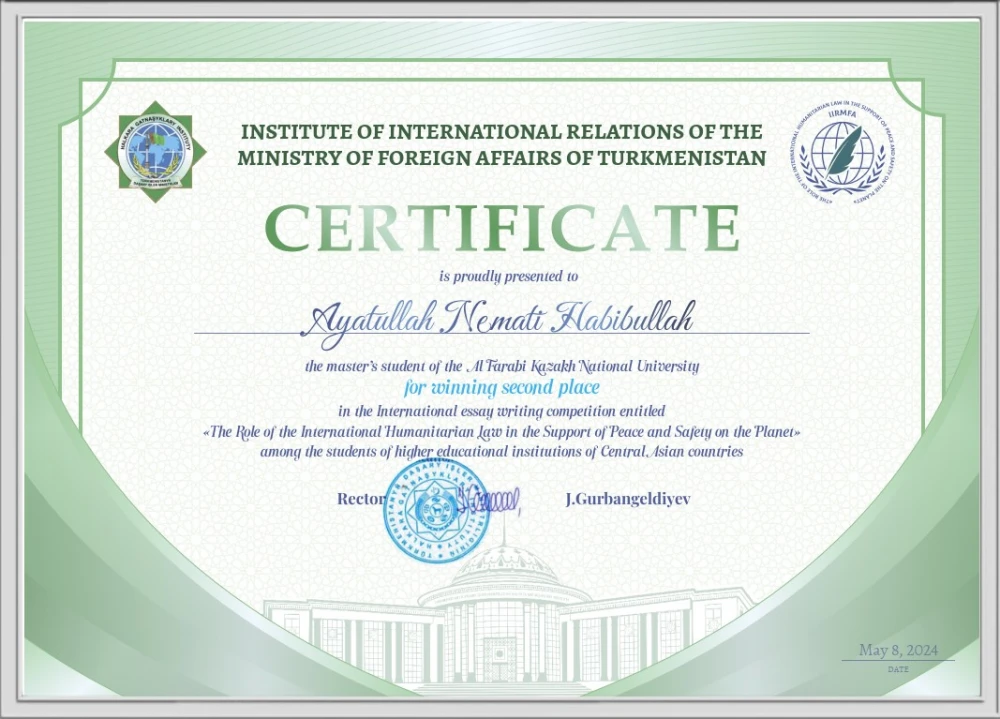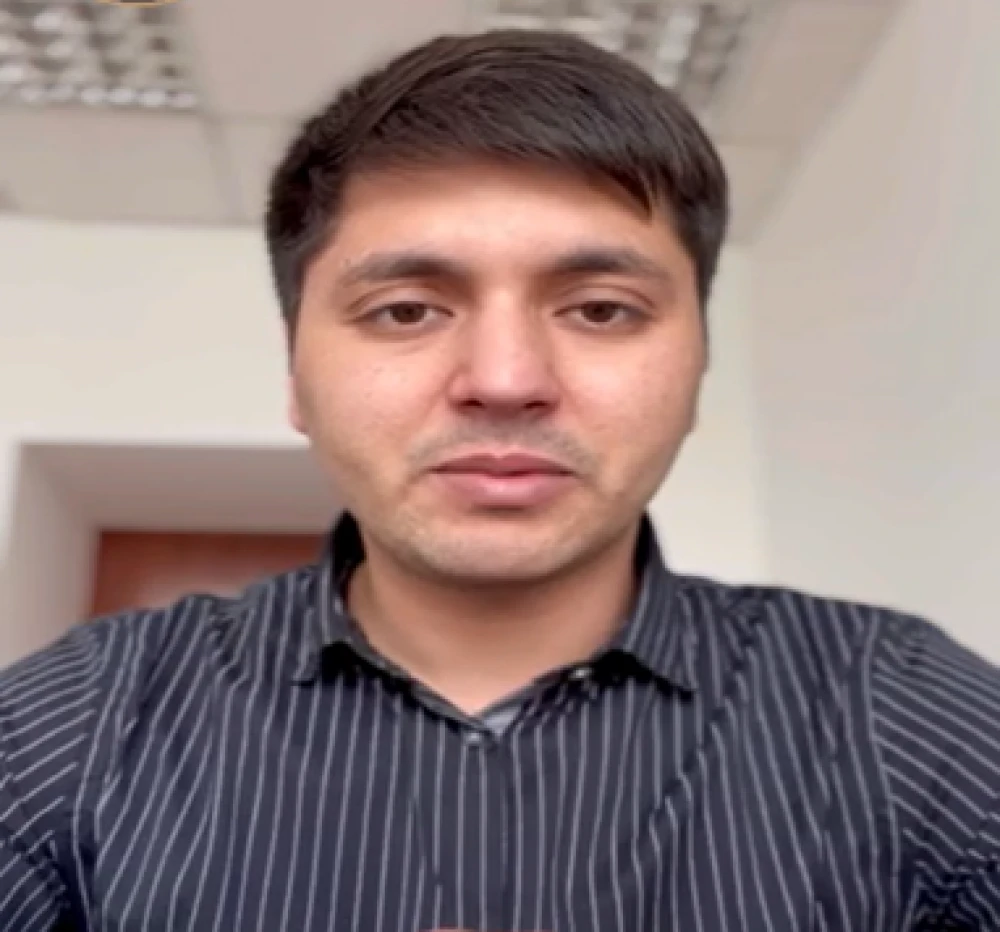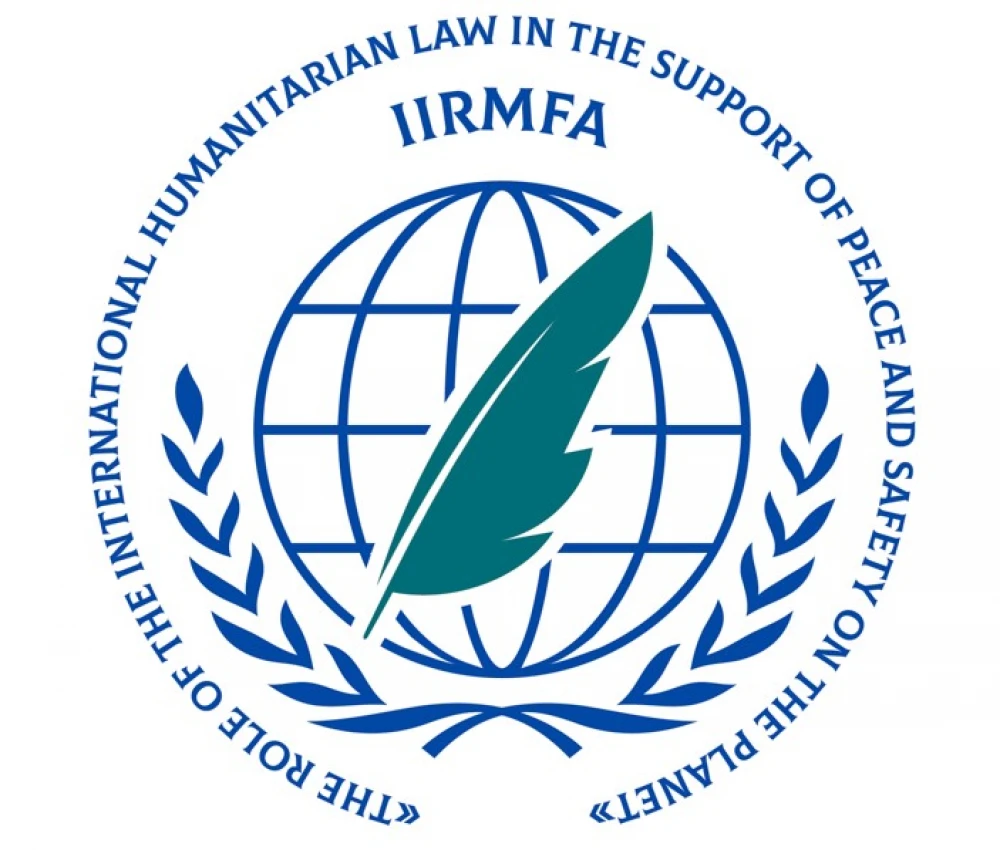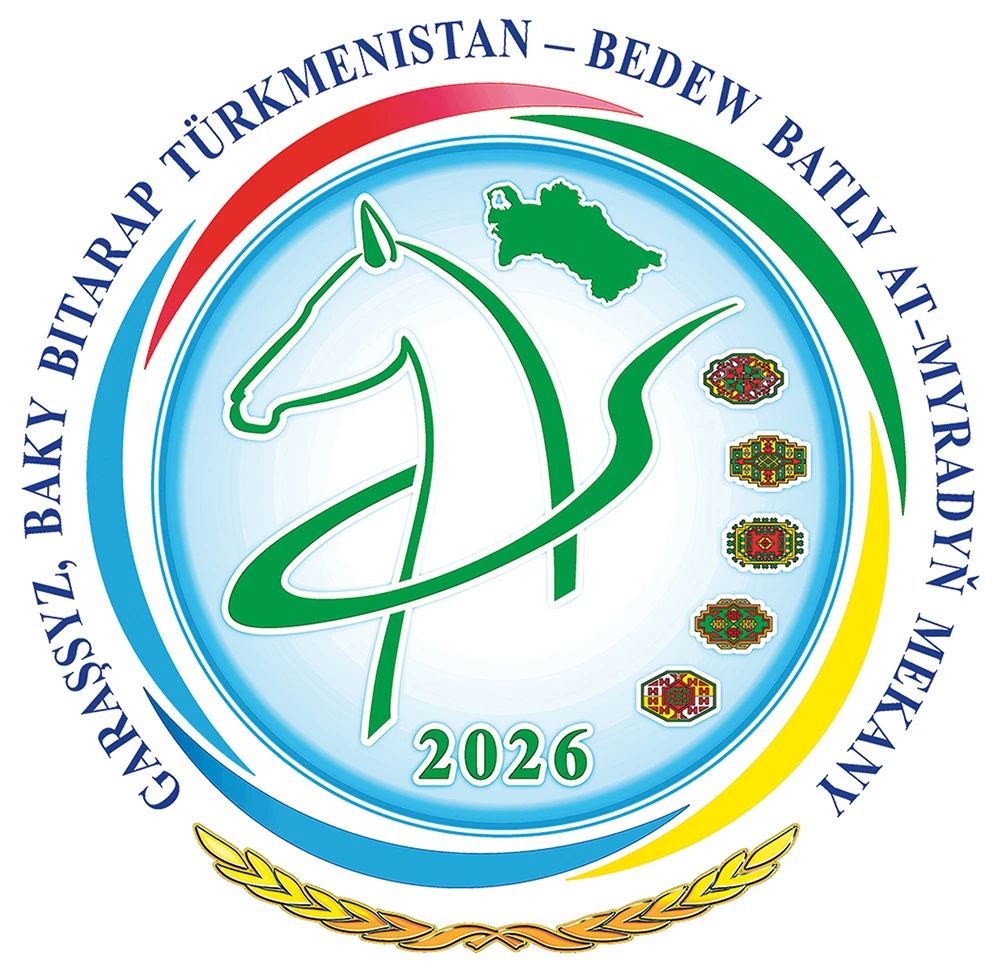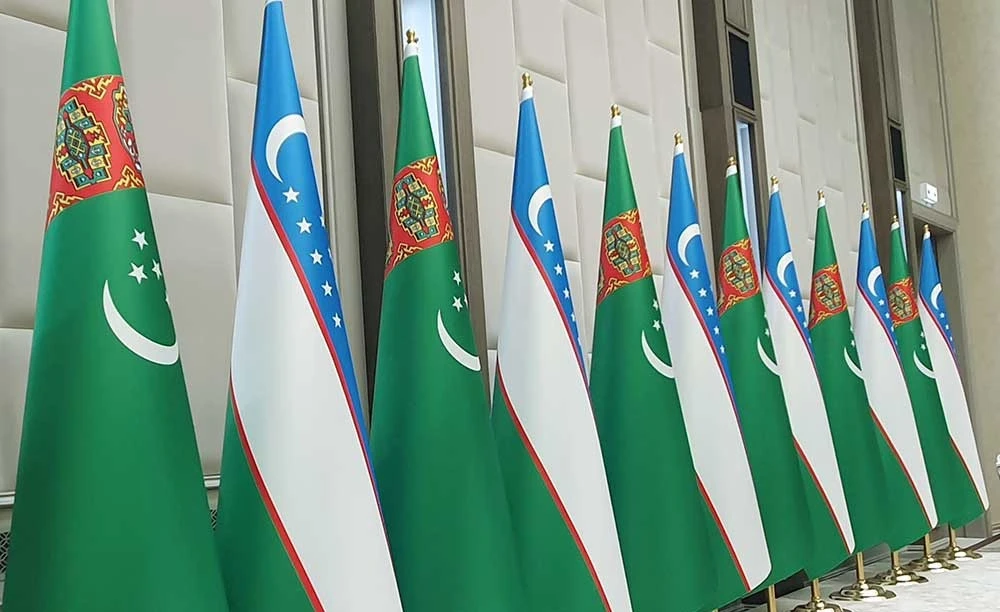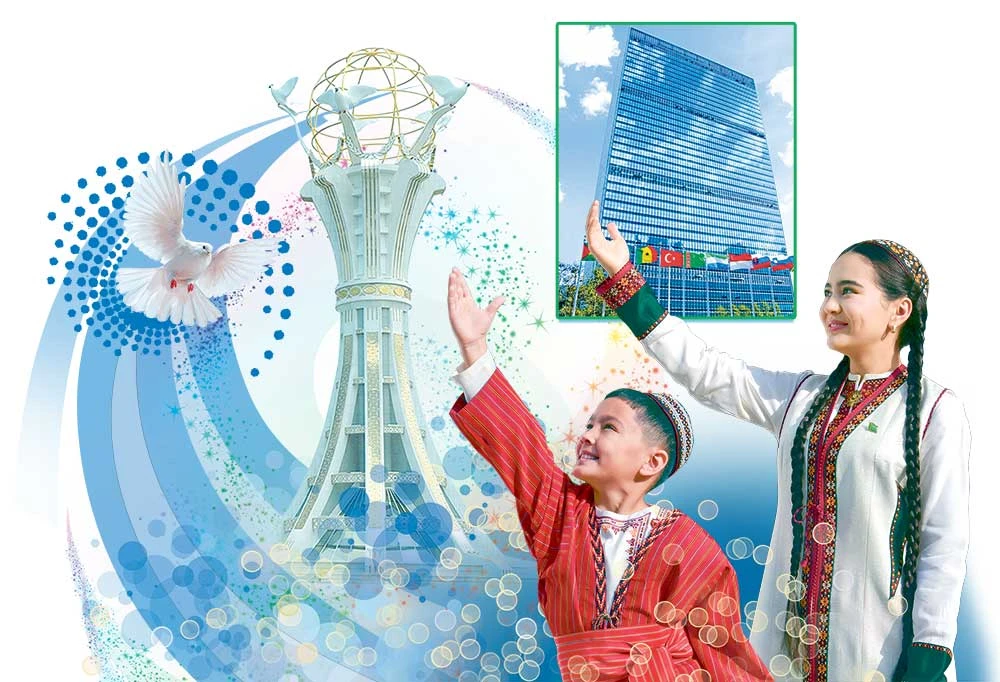18/05/2024
1342
The Role of International Humanitarian Law in Maintaining Peace and Security in the World; A Case Study of Columbia
Introduction:
The battle of Solferino (1859, French vs. Austria) sparked the development of modern IHL since the first Geneva Conventions from 1864 until the IV Geneva Conventions 1949 this convention plays a crucial role in saving millions of human lives. In this paper, the role of IHL is reviewed in preserving peace in Columbia as an example. This essay because of the clear influence of IHL aims to explore the specific role of IHL in maintaining peace and security between the Revolutionary Armed Forces of Colombia (FARC) and the Colombian government. The FARC insurgency has been one of the longest and most violent conflicts in Latin America, and IHL has been instrumental in mitigating the impact of the conflict and fostering a path toward reconciliation.
Understanding the Conflict:
The conflict between FARC and the Colombian government dates back to the 1960s when FARC was formed as a Marxist-Leninist guerrilla group fighting for social justice and land reform. The Colombian government responded with force to counter the insurgency. This led to decades of violence, resulting in numerous human rights abuses, displacement of civilians, and a significant humanitarian crisis.
Role of IHL in Conflict Resolution:
During the peace talks between the Colombian government and the FARC in Havana, several significant gestures were made that exemplified the role of International Humanitarian Law (IHL) in building trust and promoting peace. One such gesture was the joint announcement in March 2015 of a pilot project called "Gestos de Paz" (Gestures of Peace), aimed at demining and creating better security conditions for civilians in risk zones. This initiative, which removed landmines from a significant area and protected hundreds of civilians, fulfilled the obligation outlined in customary IHL Rule 83, requiring parties to remove or render landmines harmless at the end of hostilities.
These examples highlight how the parties involved in the conflict implemented IHL obligations as a means to build trust during peace negotiations. While the fulfillment of these obligations is a permanent duty, explicitly committing to them in the aftermath of a peace agreement reveals consideration for the victims and contributes to the transition to peace. It can be argued that non-State armed groups may be more inclined to comply with their IHL obligations when peace becomes a tangible prospect compared to during prolonged conflicts.
IHL also provides legal ground for safeguarding peace agreements based on the ICRC scope defined by the ICRC in its commentary to common Article 3 peace agreements, ceasefires, or similar accords can be considered special agreements under Common Article 3 of the Geneva Conventions if they include clauses that establish additional obligations derived from the Conventions and their Additional Protocols. Such agreements may include provisions from other humanitarian law treaties, such as granting amnesty to fighters adhering to laws of war, releasing captives, or committing to finding missing persons. If these agreements or provisions implement humanitarian law obligations, they can constitute special agreements under Common Article 3, even if hostilities persist after their conclusion.
Ayatullah Nemati Habibullah,
Master's student Al Farabi Kazakh National University,
Republic of Kazakhstan.
